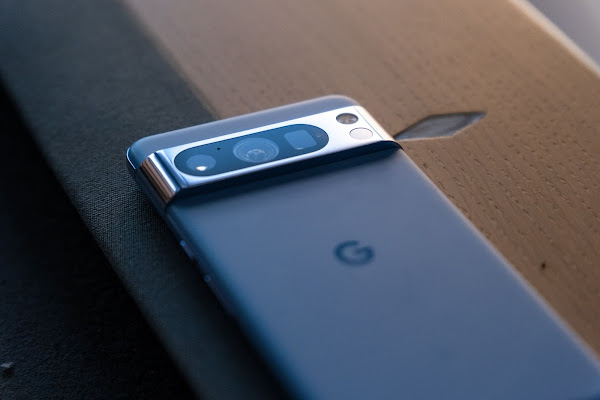Here’s how it works: The AI in Best Take is not actually inventing smiles or other expressions. Instead, the software combs through all the shots you took over a several-second interval to propose a few alternatives for each face it can identify. Based on what you select, it pulls the face out of the alternative and uses AI to blend it into your original. It’s an instant AI version of using Photoshop to cut someone’s head out of one photo and stick it on another.
Google has also been quick to release other AI photo-editing tools such as Magic Eraser that can remove whole people and objects from photos.
What’s to stop Best Take 2 from opening up to faces captured any time, instead of just in those few seconds? People have filled up their Google Photos collections with years of source material. Then how much harder would it be for Google to offer entirely synthetic versions of the people in your photos, like you can already get in AI selfie apps like Lensa? Next stop: “Hey, Google, make all the people in this photo look more in love/surprised/happy.”
Lost along the way: What’s a photograph, after all? If not a record of a moment, then perhaps we have to figure out how to stop treating it like a memory.
Geoffrey A. Fowler
I fully expect people to use Magic Eraser (or similar AI-based photo-manipulation tools) to wipe out their exes from past photos after breaking up – or even to replace them with their current partner.

While photos have never been a perfect replica of a certain moment or memory, and editing has been an integral part of photography since its beginning, I do feel these sorts of software alterations go too far. As a commenter put it: what’s the point of looking back at an image of something that didn’t happen?
This is especially true in a social context: are people going to face-swap and erase other people on group photos, then present the results as genuine to others without a second thought? Are people so desperate to conform that they’re ready to manufacture their own memories and present them as facts? This trivializes photography to the point of becoming near meaningless.
Post a Comment